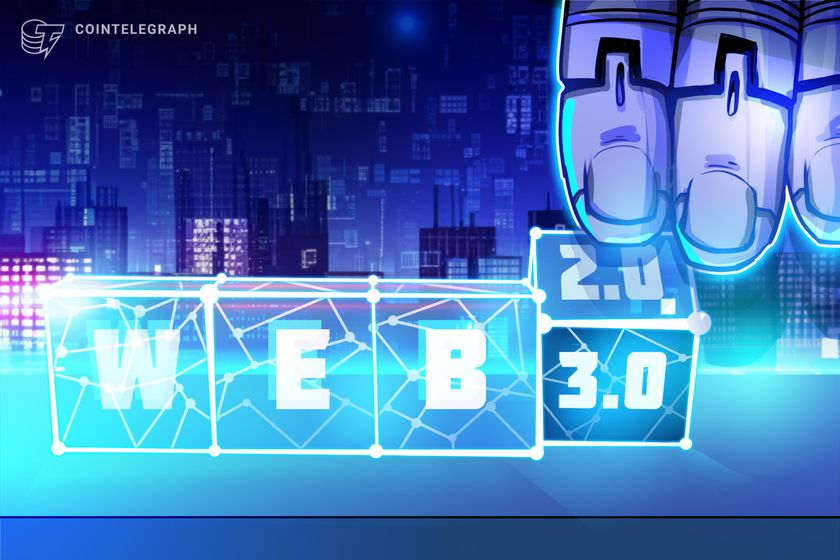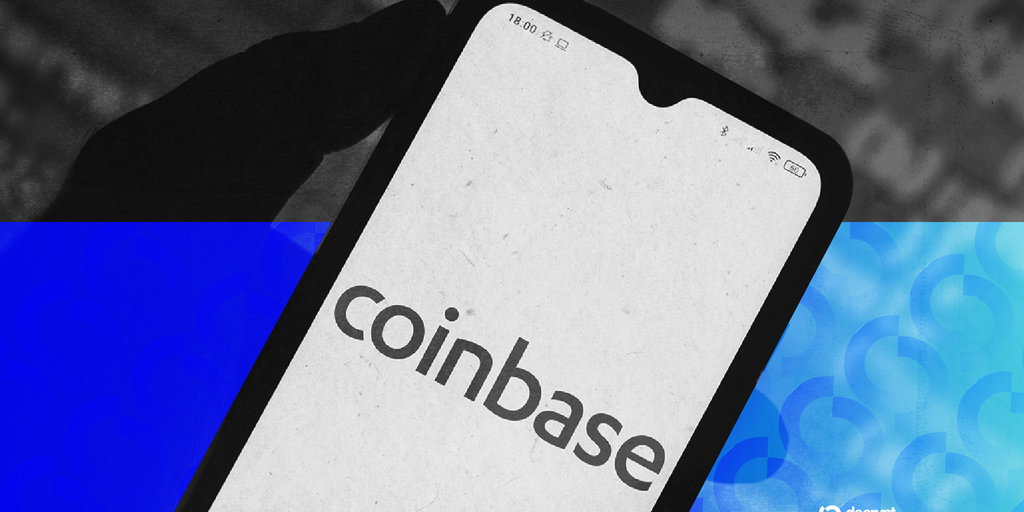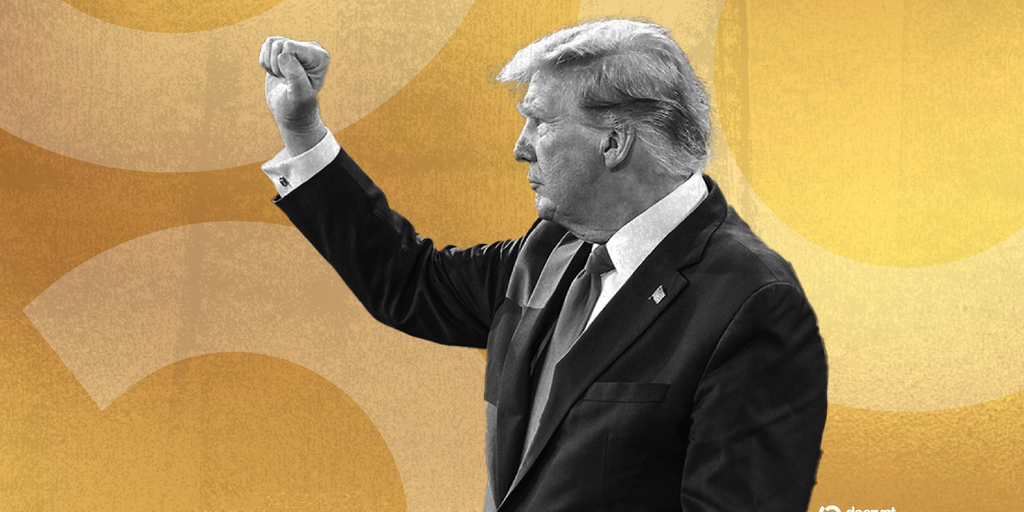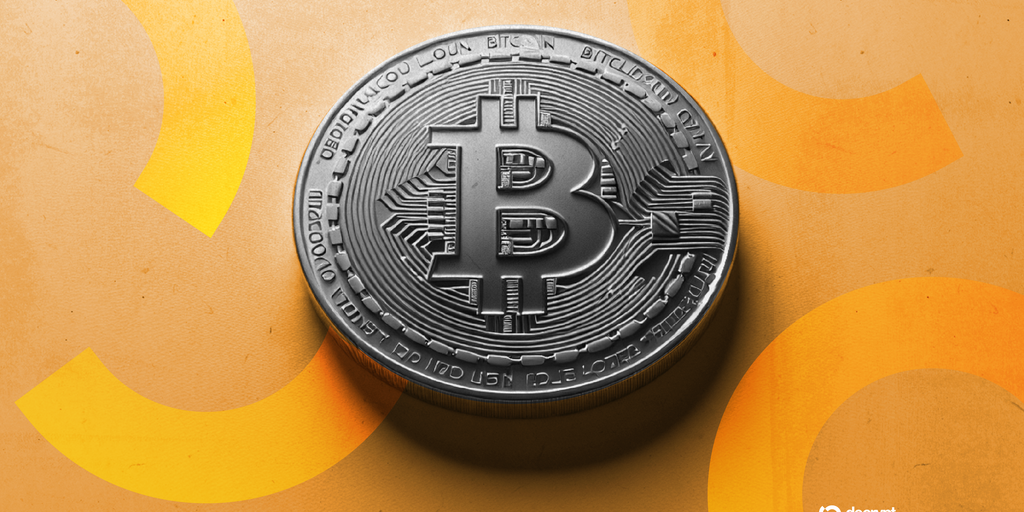Spoiler alert: The future of Web3 is not blockchain
Questioning the necessity of blockchains in Web3 challenges established beliefs. While blockchains address double-spending, they impose limitations due to their reliance on total ordering, which can hinder speed and flexibility in complex applications. FastPay demonstrated alternative methods for preventing double-spending without total order, inspiring scalable systems like Linera. Concerns about financial integrity and decentralization often conflate specific implementations with the broader concept of trustlessness, which relies on transaction verifiability rather than strict ordering. Current blockchain architectures, including Ethereum and Solana, still face scalability issues. Future success will depend on adopting flexible payment and settlement protocols that prioritize throughput and user experience. Modular blockchain frameworks like Celestia indicate a shift towards more adaptable infrastructures. Blockchain's evolving role may become that of a universal verifier rather than a primary ledger. The transition may be challenging due to existing investments in traditional models, but innovation will favor those who embrace this change.











